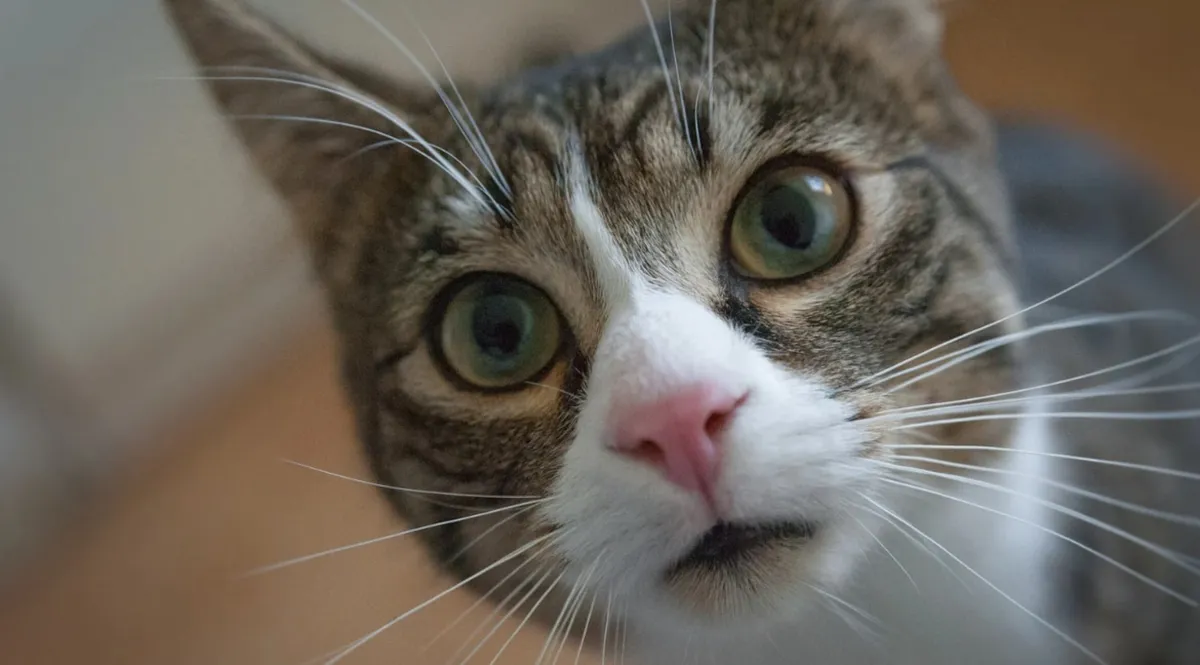
In a groundbreaking announcement, New Jersey's Department of Health confirmed the state’s first case of bird flu in a cat, specifically a feral cat located in Hunterdon County. This alarming development was shared on Friday, highlighting the ongoing concerns regarding the spread of the H5N1 virus.
The affected feral cat exhibited severe symptoms, including neurologic signs, and was subsequently euthanized, as reported by state officials. Further investigation revealed additional sick cats on the same property, leading to the confirmation of another feline case of bird flu. Testing for other potential cases is still in progress, and the investigation remains active as officials seek to understand the broader implications of this outbreak.
New Jersey Health Commissioner Kaitlan Baston emphasized the importance of public awareness regarding this situation. "While the risk of H5 infection to the general population remains low at this time, it is crucial for residents to learn about the situation and take precautions to avoid potential infection through contact with animals, including feral cats," she stated in a press release. The department continues to collaborate with state and federal agencies to monitor the virus's spread and to provide vital information for mitigating risks.
Cats are notably vulnerable to bird flu and can contract the virus through several means, such as consuming raw milk or undercooked meat contaminated with the virus, exposure to infected birds, or contact with contaminated items. According to the American Veterinary Medical Association, the feral cats involved in the Hunterdon County incident had no known exposure to infected poultry or livestock, nor did they consume raw products. However, their outdoor roaming raises the possibility of exposure to wild birds or other animals.
The H5N1 strain of bird flu is currently prevalent among wild bird populations globally. It spreads through contact with bodily secretions from infected birds, which include feces and respiratory droplets. The virus can also be transmitted via contaminated equipment, vehicles, and footwear. Notably, other animals, such as dairy cows and rats, can also contract this illness, and outbreaks are being reported across all 50 states, affecting poultry flocks and U.S. dairy cows.
The New Jersey Department of Health has outlined the clinical signs of bird flu in cats, which can include:
General signs: Loss of appetite, fever, lethargy Respiratory signs: Discharge from the eyes and mouth, sneezing, coughing, difficulty breathing Neurologic signs: Seizures, circling, wobbling gait, and blindnessWhile the risk to humans remains low, it is essential for cat owners to take precautionary measures to protect both themselves and their pets. Here are several recommended steps:
Avoid feeding cats raw milk or dairy products, and refrain from offering any raw or undercooked meat. Keep cats indoors to minimize their exposure to potential carriers of the virus. Steer clear of contact with sick or deceased birds and wildlife. Practice good hygiene by thoroughly washing hands after handling your cat and after any encounters with poultry, livestock, or wild birds. Change clothes and shoes and wash any exposed skin after interacting with potentially infected animals. Contact a veterinarian if you suspect your cat may have been exposed to the virus or if you notice signs of illness.New Jersey residents are urged to contact their veterinarian immediately with any concerns. If you observe sick stray or feral cats, please reach out to animal control. All suspected cases should be reported to the New Jersey Department of Health Communicable Disease Service at 609-826-4872 or via email at zoonoticrn@doh.nj.gov. For reports of sick or deceased wild birds, contact the state Department of Environmental Protection's Fish and Wildlife hotline at 1-877-WARNDEP. To report sick or dead poultry, please reach out to the state Department of Agriculture's Division of Animal Health at 609-671-6400.
As the situation unfolds, it is vital to stay informed and take appropriate measures to protect both your pets and public health. Thank you for trusting us to provide reliable journalism. We encourage you to consider supporting NJ.com with a subscription.